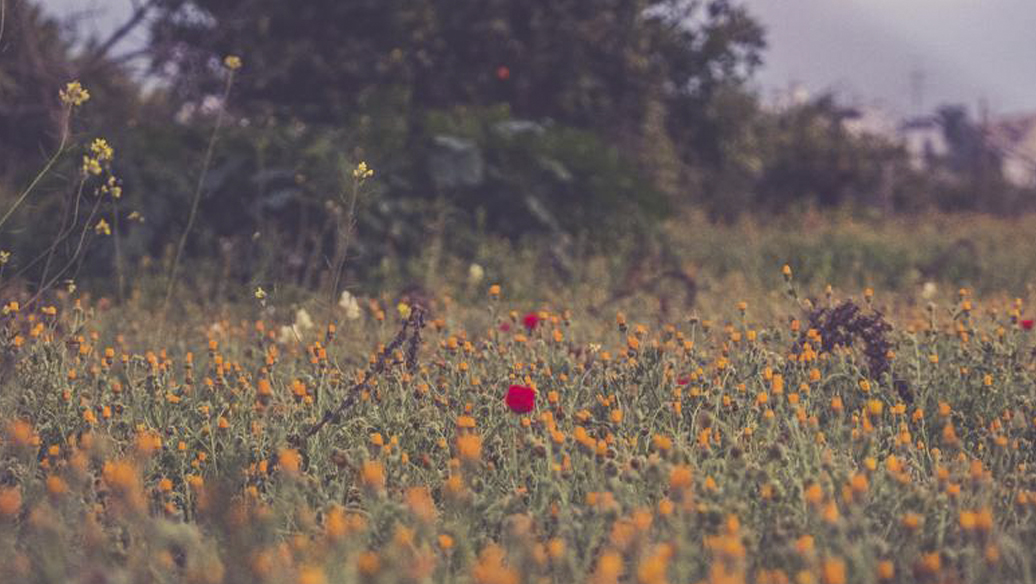[tm_pb_section admin_label=”section”][tm_pb_row admin_label=”Row”][tm_pb_column type=”4_4″][tm_pb_divider admin_label=”Divider” color=”#ffffff” show_divider=”off” height=”50″ height_last_edited=”on|phone” divider_style=”solid”] [/tm_pb_divider][tm_pb_text admin_label=”Text” text_orientation=”justified” use_border_color=”off” border_color=”#ffffff” border_style=”solid”]
Spring has sprung and with it comes warmer weather, blooming flowers and, unfortunately for some, an increase in allergies and even sinus infections. An expert at Baylor College of Medicine says knowing the difference between allergies and sinus infections is important in getting the right treatment.
“When the weather changes, you often see individuals who complain of nasal congestion, facial pressure and pain,” said Dr. Mas Takashima, director of the Sinus Center and associate professor of otolaryngology – head and neck surgery at Baylor.
It can sometimes be difficult to tell the difference between a sinus infection and allergies because both can cause you to feel stuffy and unable to breath. However, Takashima says there are some key differences between the two.
Individuals who suffer from sinus infections can experience:
- Facial pressure and pain
- Pain along the teeth
- Pain along the cheeks when bending over
- Congestion
- Greenish/yellowish continuous drainage from the nose
- Symptoms lasting greater than 10 days
Signs and symptoms that indicate allergies include:
- Sneezing/stuffy nose
- Congestion
- Clear or whitish nasal drainage
- Itchy, watery eyes
- Itching of the nose
- Dark circles around the eyes
- Burning sensation in the eyes or nose
There are many different triggers of an allergy attack or sinus infection, depending on the time of year. “Here in Houston, if your allergies or sinuses tend to worsen in January through March, you more than likely have some type of allergy toward tree pollen. During March through July, we see an increase in grass pollen. From July through September, there is an increase in weed allergies. If you tend to suffer more in the in the colder months, you may be experiencing a reaction to mold in the air,” he said.
Because sinus infections and allergies share some similar symptoms, including congestion, medications like nasal sprays, oral antihistamines and eye drops can help minimize discomfort. Takashima says that if allergies are to blame it is best to avoid certain irritants to prevent further discomfort.
In addition, he says a high-efficiency particulate air (HEPA) filter for your home air conditioner can help filter out allergens and nasal saline irrigations are helpful to flush the irritants that make it into your nose. “The Sinus Center here at Baylor is also studying the beneficial effects of adding different ingredients into the rinses such as probiotics, baby shampoo, xylitol, to improve the efficacy of these irritants as it relates to the treatment of allergies and sinus infections,” he added.
You also can manage allergies by pre-medicating with allergy medicine prior to the start of months where you are known to experience symptoms, he said. For those who suffer from frequent sinusitis or allergy attacks and do not find medication that works, surgery may not be the only option.
“Advances in in-office procedures have significantly improved over the last several years, making these less invasive procedures, such as the placement of a self dissolving intranasal steroid stent for allergies/nasal polyps to balloon sinus dilation for recurrent sinusitis, a viable option,” he said.
Source: Baylor College of Medicine
[/tm_pb_text][/tm_pb_column][/tm_pb_row][tm_pb_row admin_label=”row”][tm_pb_column type=”4_4″][tm_pb_divider admin_label=”Divider” color=”#ffffff” show_divider=”off” height=”20″ height_last_edited=”on|phone” divider_style=”solid”] [/tm_pb_divider][/tm_pb_column][/tm_pb_row][/tm_pb_section]

